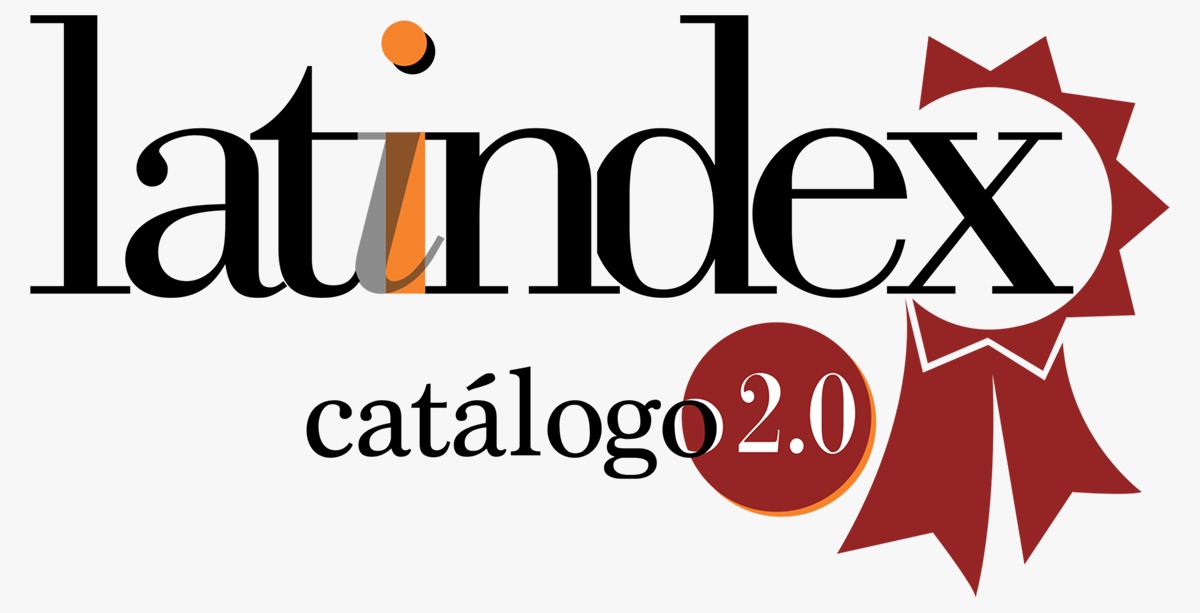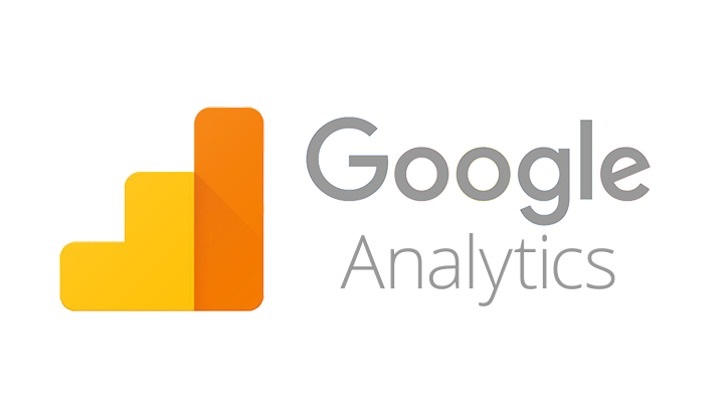Legal trends in the new millennium. Latin America. The 2030 agenda
DOI:
https://doi.org/10.47865/igob.vol8.n29.2025.390Keywords:
Agenda 2030, SDG, Legal Trends, New milleniumAbstract
Humanity is in crisis and it is necessary to build new paradigms of human development, less mechanistic and more human, supportive, aware of what poverty, hunger, inequality, armed conflicts, violence, displacement, terrorism, climate change, diseases, the adverse impacts of technology, corruption and the lack of identity with indigenous peoples. The COVID-19 pandemic and the triple crisis of climate change, the loss of biodiversity, the lack of solid waste management, the high debts of many developing countries that prevent them from assuming commitments to the World Development Goals. Agenda 2030 (SDG), which is why at this point (2015-2024) and halfway to the deadline for this Agenda, the SDG Progress Report, Special Edition, shows us that more than 50% of the goals are fragile and vulnerable, insufficient, 30% stagnated or regressed. Therefore, it is our objective to carry out, based on said report, a systematic review that answers the questions: what are the legal trends facing the new millennium and the SDGs in Latin America? What is the situation of compliance with the SDGs of the new millennium in Latin America? Is sustainable development a credible paradigm? What is the cost to developing countries of not investing in meeting the SDGs? Does the fact that the 2030 Agenda has not met its goals mean that it has failed? What are the legal trends regarding the SDGs in the new millennium in Latin America? The methodology we use is to review explicit UN reports on the current situation of the SDG goals and other reports.
Downloads
References
Agencia Internacional de Energías Renovables, Renewable Power Generation Costs in 2019 (Abu Dabi, 2019), disponible en www.irena.org/publications/2020/Jun/Renewable-Power-Costs-in-2019.
E. C. Cordero, D. Centeno y A. M. Todd, The role of climate change education on individual lifetime carbon emissions (Universidad de Quebec en Montreal (Canadá), 2020). Véase PLoS ONE 15(2): e0206266. https://doi.org/10.1371/journal.pone.0206266.
Foro Económico Mundial, Global Gender Gap Report 2022 (Ginebra, 2022), disponible en www.weforum.org/reports/global-gender-gap-report-2022/.
https://factipanel.org/docpdfs/FACTI_Report_ExecSum.pdf.
Max-Neef, et.al. (1986) desarrollo a escala humana, una opción para el futuro, CEPAUR.
Maya Hammad, Fabianna Bacil y Fábio Veras Soares, Next Practices—Innovations in the COVID-19 social protection responses and beyond (PNUD, 2021), disponible en https:// socialprotection.org/discover/publications/next-practices-innovations-covid-19-social-protection-responses-and-beyond.
Naciones Unidas, “Informe de políticas: una respuesta a la COVID-19 inclusiva de la discapacidad” (mayo de 2020), disponible en https://unsdg.un.org/sites/default/files/2020-05/Policy-Brief-A-Disability-Inclusive-Response-to-COVID-19.pdf.
OCDE, “Caregiving in Crisis: Gender inequality in paid and unpaid work during COVID-19” (2021), disponible en www.oecd.org/coronavirus/policy-responses/caregiving-in-crisis-gender-inequality-in-paid-and-unpaid-work-during-covid-19-3555d164/.
OIT, Perspectivas sociales y del empleo en el mundo 2018: sostenibilidad medioambiental con empleo (Ginebra, 2018), disponible en www.ilo.org/global/publications/books/WCMS_628654/lang--en/index.htm.
ONU (2023) Informe de los Objetivos de Desarrollo Sostenible. Edición Especial.
Organización de las Naciones Unidas para la Educación, la Ciencia y la Cultura (UNESCO), UNICEF y Banco Mundial, The State of the Global Education Crisis: A Path to Recovery (Washington D. C., París y Nueva York, 2021), disponible en https://documents1.worldbank.org/curated/en/416991638768297704/pdf/The-State-of-the- GlobalEducation-Crisis-A-Path-to-Recovery.pdf.
Organización Internacional del Trabajo, Organización de las Naciones Unidas para la Alimentación y la Agricultura y Fondo de las Naciones Unidas para la Infancia (UNICEF), UN collaboration on social protection: Reaching consensus on how to accelerate social protection systems-building (Ginebra, 2022), disponible en https://socialprotection.org/discover/publications/un-collaboration-social-protection-reaching-consensus-how-accelerate-social.
Plataforma Intergubernamental Científico-Normativa sobre Diversidad Biológica y Servicios de los Ecosistemas, Global assessment report of the Intergovernmental Sci¬ence-Policy Platform on Biodiversity and Ecosystem Services (Bonn, Alemania, 2019), disponible en www.ipbes.net/global-assessment.
Véase https://dppa.un.org/en/new-agenda-for-peace.
Véase https://news.un.org/en/story/2014/11/484032#:~:text=For%20every%20dollar%20invested%20in,United%20Nat ions%20World%20Health%20Organization.
Véase https://openknowledge.worldbank.org/handle/10986/37062.
Véase https://unctad.org/page/data-protection-and-privacy-legislation-worldwide.
Véase www.iea.org/data-and-statistics/data-tools/greenhouse-gas-emissions-from-energy-data-explorer.
Véase www.nature.com/articles/s41893-022-00909-5.
Véase www.oecd-ilibrary.org/docserver/f1b0b29cen.pdf?expires=1678719176&id=id&accname=guest&checksum=D46813AB4B74489CA8839EE6843A7CF
Véase www.unhcr.org/refugee-statistics/.
Véase www.who.int/health-topics/assistive-technology#tab=tab_2.
Véase www.wiego.org/resources/long-economic-covid-worlds-working-class-infographic.
www.idlo.int/system/files/event-documents/2021_sdg16_conference_report_05072021.pdf.
Downloads
Published
How to Cite
Issue
Section
License

This work is licensed under a Creative Commons Attribution-NonCommercial-ShareAlike 4.0 International License.
Esta obra está bajo una licencia internacional Creative Commons Atribución-NoComercial-CompartirIgual 4.0.
















